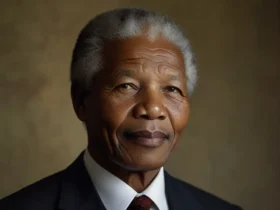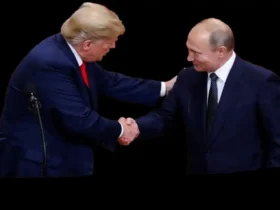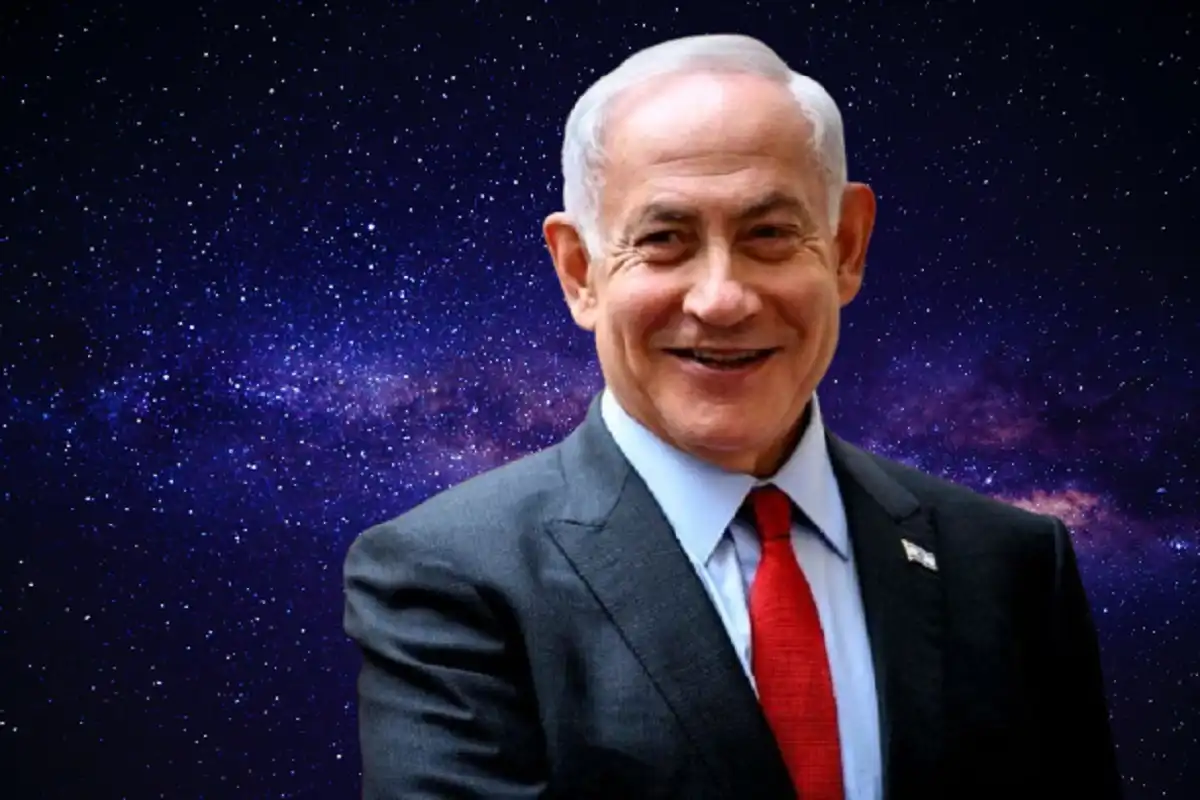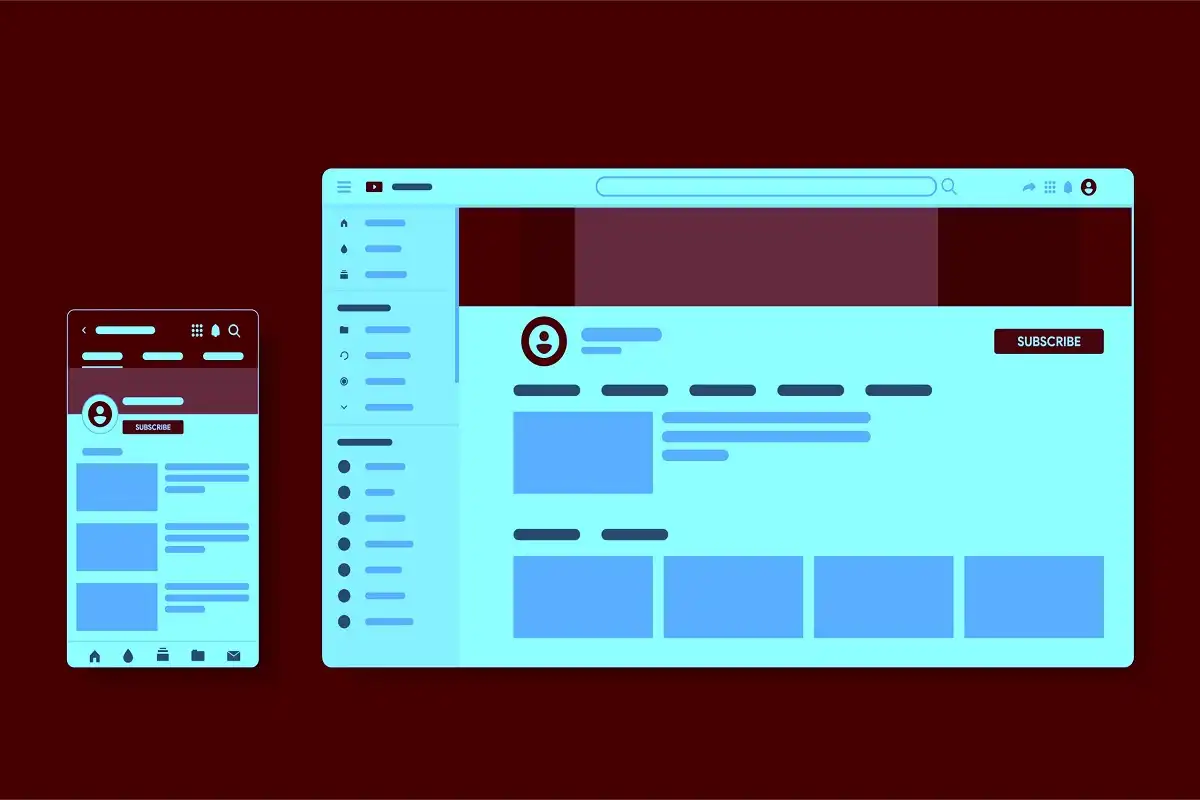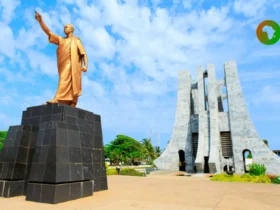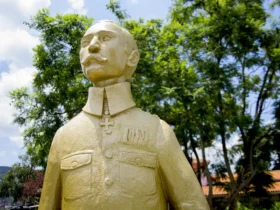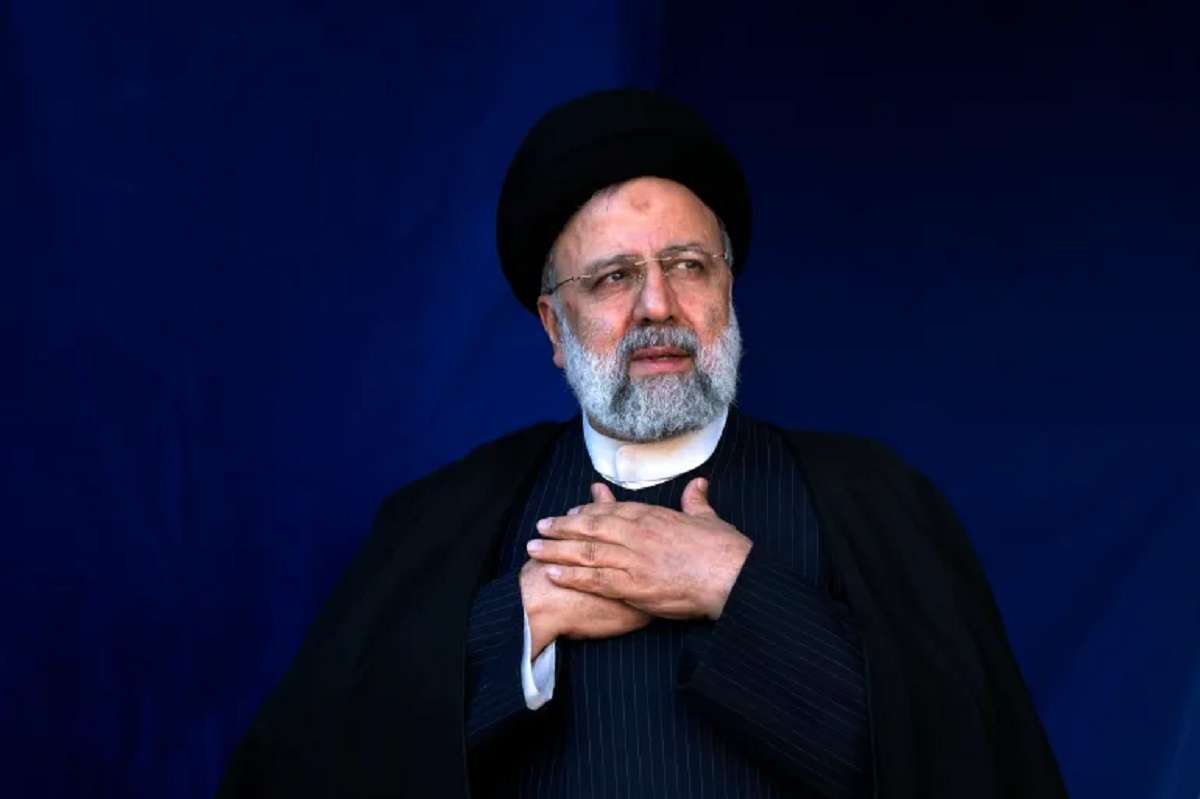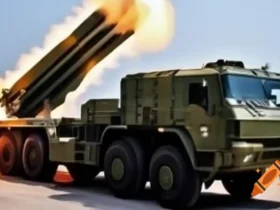This historical overview underscores the complexity of Iran’s political landscape and the enduring nature of its foreign policy stance towards Israel. While presidents can influence the tone and approach of the administration, the fundamental opposition to Israel remains a cornerstone of Iran’s foreign policy.
Abolhassan Banisadr (1980-1981)
Abolhassan Banisadr was the first president of Iran following the revolution. His presidency was marked by internal power struggles, and he was impeached after just 17 months. Banisadr’s policies towards Israel were strongly influenced by Supreme Leader Ayatollah Khomeini’s staunch opposition. The revolutionary government continued to view Israel as an illegitimate state, aligning with Khomeini’s position (Wikipedia) (Wikipedia).
Mohammad-Ali Rajai (1981)
Mohammad-Ali Rajai served as president for less than a month before his assassination. During his brief tenure, there were no significant changes in Iran’s policy towards Israel. The revolutionary government’s stance remained unchanged, with a continued emphasis on opposition to Israel and support for Palestinian groups (Wikipedia) (Wikipedia).
Ali Khamenei (1981-1989)
Ali Khamenei, who later became the Supreme Leader, served as president during a tumultuous period marked by the Iran-Iraq War. Khamenei upheld the Islamic Republic’s antagonistic stance towards Israel, promoting support for anti-Israel factions and maintaining a rhetoric of hostility towards the Israeli state (Wikipedia).
Akbar Hashemi Rafsanjani (1989-1997)
Rafsanjani’s presidency is noted for its attempts at economic reform and a pragmatic approach to foreign policy. However, despite a more moderate and pragmatic domestic agenda, Iran’s policy towards Israel remained largely unchanged. Rafsanjani’s administration continued to support groups opposing Israel, reflecting the broader ideological stance of the Islamic Republic (Wikipedia) (Wikipedia).
Mohammad Khatami (1997-2005)
Mohammad Khatami, a reformist, sought to soften Iran’s international image. He promoted a “dialogue among civilizations” and attempted to ease tensions with the West. However, Khatami faced significant opposition from hardliners, including Supreme Leader Khamenei, which limited his ability to effect substantial change in Iran’s stance towards Israel. Despite his moderate rhetoric, the fundamental opposition to Israel persisted (The Iran Primer) (Wikipedia) (Council on Foreign Relations).
Mahmoud Ahmadinejad (2005-2013)
Ahmadinejad’s presidency marked a period of increased hostility towards Israel. Known for his inflammatory rhetoric, Ahmadinejad denied the Holocaust and called for Israel to be “wiped off the map.” His administration’s aggressive stance significantly strained Iran’s international relations and escalated tensions with Israel (The Iran Primer) (Council on Foreign Relations).
Hassan Rouhani (2013-2021)
Rouhani, considered a moderate, aimed to improve Iran’s international relations, culminating in the 2015 nuclear deal. While his administration’s rhetoric was less confrontational than Ahmadinejad’s, Iran continued its support for groups opposing Israel. Rouhani focused more on easing economic sanctions and negotiating nuclear terms rather than directly confronting Israel (Wikipedia) (Council on Foreign Relations).
Ebrahim Raisi (2021-2024)
Raisi, known for his hardline views, maintained Iran’s hostile stance towards Israel. His presidency did not see significant changes in policy towards Israel, continuing the long-standing support for groups opposed to Israel’s existence. Raisi’s administration upheld the Islamic Republic’s fundamental opposition to Israel, consistent with the broader ideological framework of Iran’s leadership (Wikipedia) (Council on Foreign Relations).
Mohammad Mokhber (2024-Present)
Following the death of Ebrahim Raisi in a helicopter crash in May 2024, Mohammad Mokhber, who was the first vice president, assumed the role of acting president. While it remains to be seen how Mokhber will navigate Iran’s foreign policy, it is expected that the fundamental stance towards Israel will remain unchanged until the new elections scheduled for June 2024 (Wikipedia) (Wikipedia) (Wikipedia).
Conclusion
Over the decades, Iran’s presidents have varied in their domestic policies and international approaches. However, the Islamic Republic’s stance towards Israel has remained consistently hostile, driven by the ideological positions of the Supreme Leader and other key institutions. Each president’s ability to influence this policy has been limited, reflecting the broader power dynamics within Iran’s political system.
















